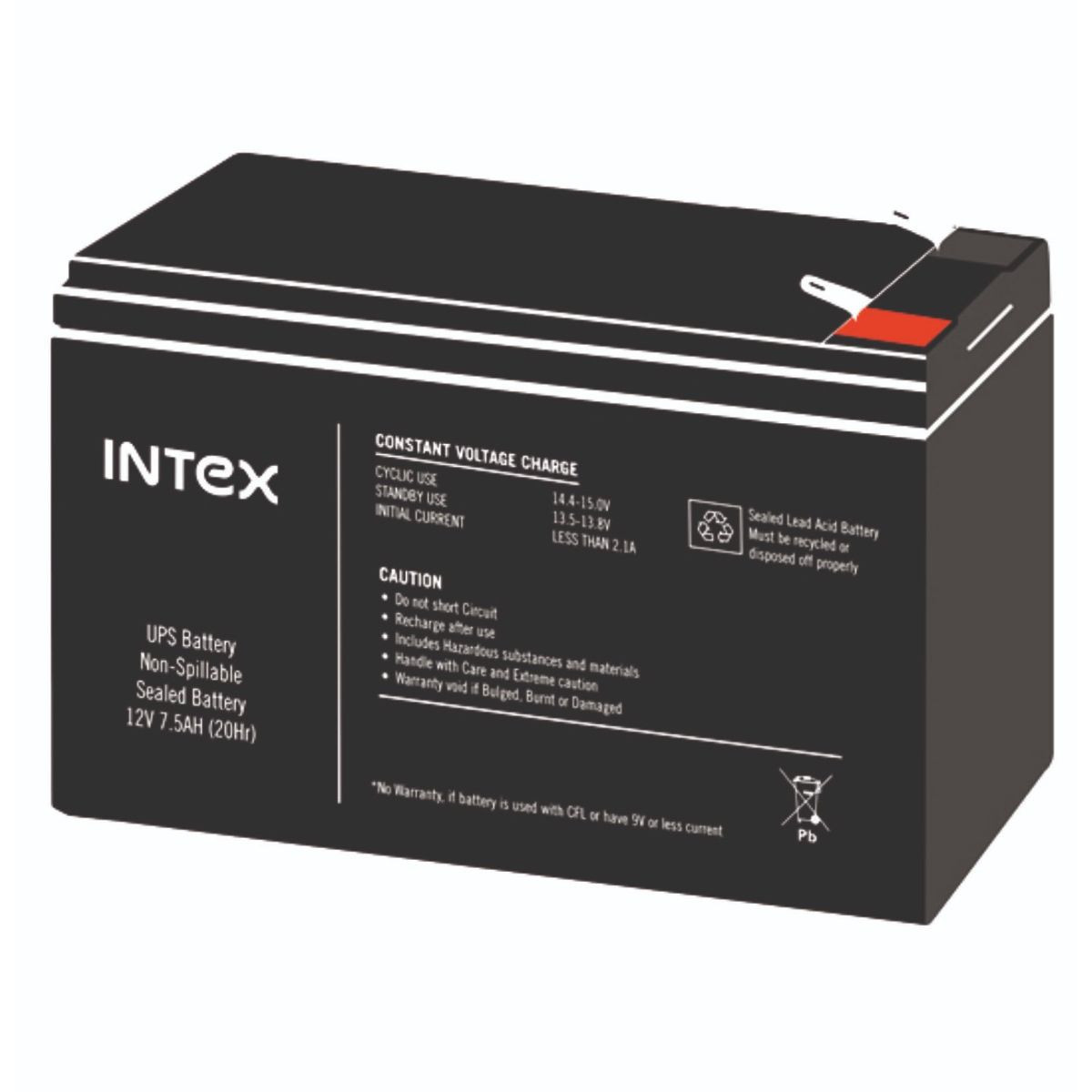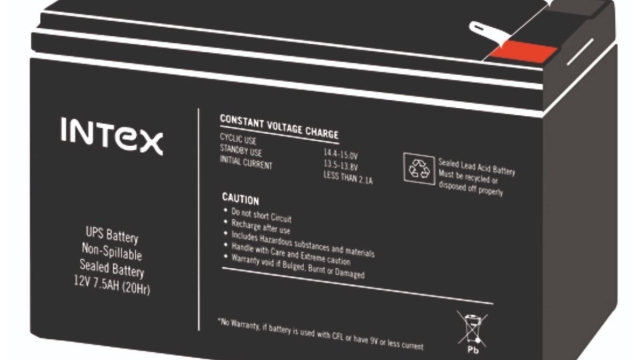
In our increasingly connected world, the reliability of power sources is crucial for both our personal and professional lives. Unexpected power outages can disrupt workflows, damage sensitive equipment, and cause loss of valuable data. This is where UPS batteries come into play, providing a vital backup during times of uncertainty. A proper understanding of UPS batteries can not only safeguard your electronic devices but also grant you the peace of mind you deserve.
UPS batteries, or uninterruptible power supply batteries, serve as a crucial line of defense against power interruptions. They ensure that your devices remain operational even in the face of electricity failures, delivering backup power when you need it most. Whether you’re protecting essential home electronics or critical business infrastructure, knowing how these batteries function and what to look for can make all the difference in maintaining your productivity and security. Let’s delve into the essentials of UPS batteries and discover how they can power your peace of mind.
Types of UPS Batteries
Uninterruptible Power Supply (UPS) systems utilize different types of batteries to provide backup power during outages. The most common types include sealed lead-acid, lithium-ion, and nickel-cadmium batteries. Sealed lead-acid batteries are the traditional choice for UPS systems due to their affordability and reliability. They are available in various sizes and capacities, making them suitable for a wide range of applications, from home office setups to large data centers.
Lithium-ion batteries have gained popularity in recent years for their high energy density and longer lifespan compared to lead-acid batteries. These batteries are lighter and compact, allowing for more efficient use of space in UPS systems. Additionally, lithium-ion batteries have higher charge cycles, meaning they can be recharged more times before their performance degrades. This makes them an appealing choice for modern, tech-savvy environments where performance and efficiency are critical.
Eaton UPS
Nickel-cadmium batteries, though less common for UPS systems today, offer certain advantages in specific scenarios. They are highly durable and can withstand extreme temperatures, making them suitable for industrial applications. Despite their robustness, the environmental concerns associated with cadmium have led many users to opt for lead-acid or lithium-ion alternatives. Each type of UPS battery has its own strengths and weaknesses, so selecting the right one depends on the specific power needs and usage conditions of the user.
Benefits of Using UPS Batteries
Using UPS batteries significantly enhances the reliability of power supply for critical devices and systems. With the risk of power outages and fluctuations, UPS batteries provide an immediate backup that ensures devices remain operational during interruptions. This is especially crucial for sensitive equipment such as computers, servers, and medical devices, where maintaining power can prevent data loss and protect vital processes.
Another key advantage of UPS batteries is the protection they offer against power surges and spikes. These fluctuations can cause severe damage to electrical equipment, leading to costly repairs and downtime. A UPS battery system acts as a buffer, absorbing excess voltage and ensuring that connected devices receive a stable and safe power supply, thereby extending the lifespan of the equipment.
Lastly, UPS batteries contribute to peace of mind by providing users with confidence that their operations can continue uninterrupted, even in the face of unexpected power issues. This reliability is invaluable for both personal use at home and professional environments. Knowing that there is a backup system in place reassures users that their work, data, and important tasks will not be jeopardized by power instability.
Maintenance Tips for UPS Batteries
To ensure the longevity and reliability of your UPS batteries, regular maintenance is crucial. Start by conducting visual inspections periodically. Check for any signs of damage, corrosion, or swelling on the batteries and connections. If you notice any unusual conditions, it may be a sign of a failing battery that needs immediate attention. Additionally, clean the terminals and connections to prevent buildup, which can lead to poor performance.
Another important aspect of maintaining UPS batteries is monitoring their charge levels. Most systems will have indicators or software that display the current status of the batteries. Regularly check these readings to ensure that the batteries are charging properly and holding their charge. If you find that the battery charge is consistently low or fluctuating, it may be time to replace the batteries to avoid unexpected shutdowns.
Finally, keep the UPS batteries in a suitable environment to maximize their lifespan. They should be kept in a cool, dry place away from direct sunlight and extreme temperatures. High temperatures can lead to faster degradation, while very low temperatures can reduce efficiency. Ensure that the environment is well-ventilated to keep the batteries cool and effective. By following these maintenance tips, you can help ensure the reliability and longevity of your UPS batteries.

